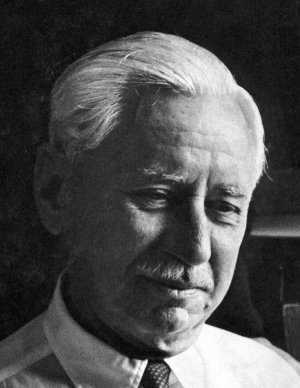
Durant’s, Mansions of Philosophy, doesn't start with preface or introduction. It begins with an invitation. A door opens, leading us into a cool marbled foyer up steps to a cultivated area. We're served wine & invited to civil discourse. The philosophical topics vary, but the paths are well maintained & the fruits of his labor are ripe for our picking. ‘Primum est bibere’-first one drinks, referring to learning. We're gathered to hear what the philosopher thinks wise. He harvests burning questions, under headings, such as The Morality of Nations, The Case Against Progress, The Coming of Socialism. Don’t be put off. This isn't a textbook. It's a very human book. As passages unfold, you find yourself profoundly influenced. Questions formulated in our collective minds are addressed, moving us, from the tempest, with gratifying effect. It's clear that he who wields this pen isn't an amateur. His phrases conjure a golden tapestry. Page after page, he tells, what has come before, where we have been & the possibilities. Without demanding or preaching, with a tempo of affectionate guidance we are brought to heights of panoramic splendor. His pen scrawls, ‘Knowledge is power, but only wisdom is liberty’, in sight of the words, ‘we are rich in mechanism & poor in purpose.’ & as true today as in 1929, ‘we have a hundred thousand politicians, & but a single statesman.’ This is a journey of civilized man displaced from agriculture, transplanted to factory, moved from village to town to city, how the economic change divided us from long established concepts to new realities of a new age, told with a warm voice.
Author

William James Durant was a prolific American writer, historian, and philosopher. He is best known for the 11-volume The Story of Civilization, written in collaboration with his wife Ariel and published between 1935 and 1975. He was earlier noted for his book, The Story of Philosophy, written in 1926, which was considered "a groundbreaking work that helped to popularize philosophy." They were awarded the Pulitzer Prize for literature in 1967 and the Presidential Medal of Freedom in 1977.